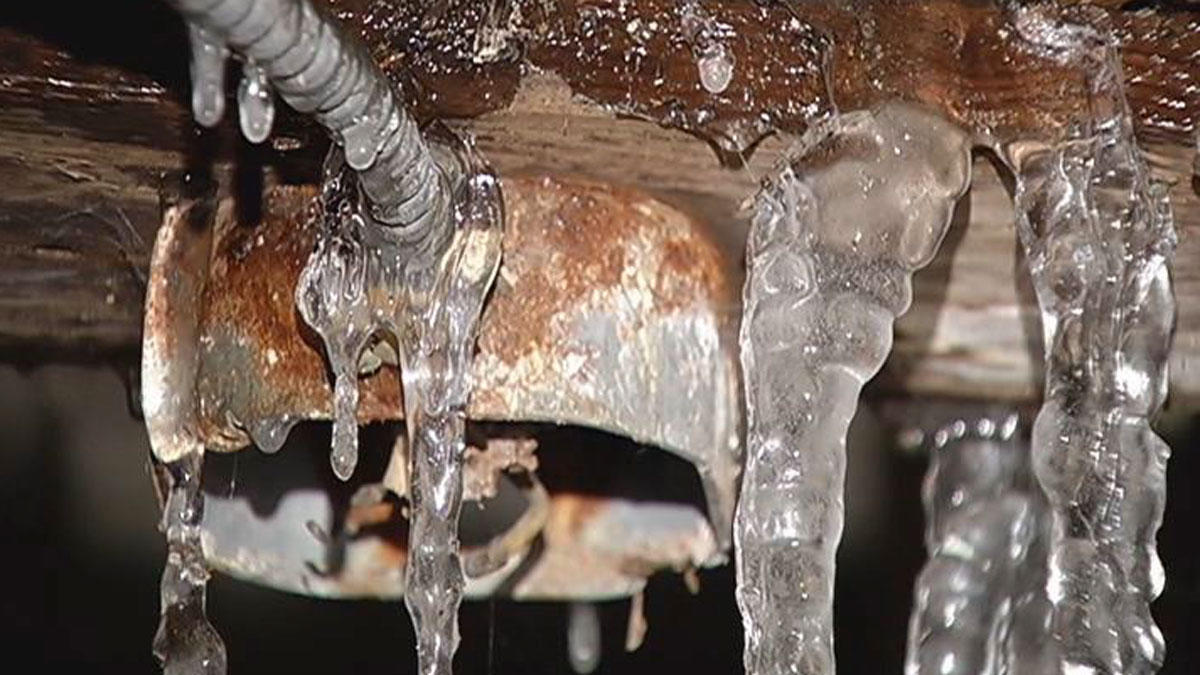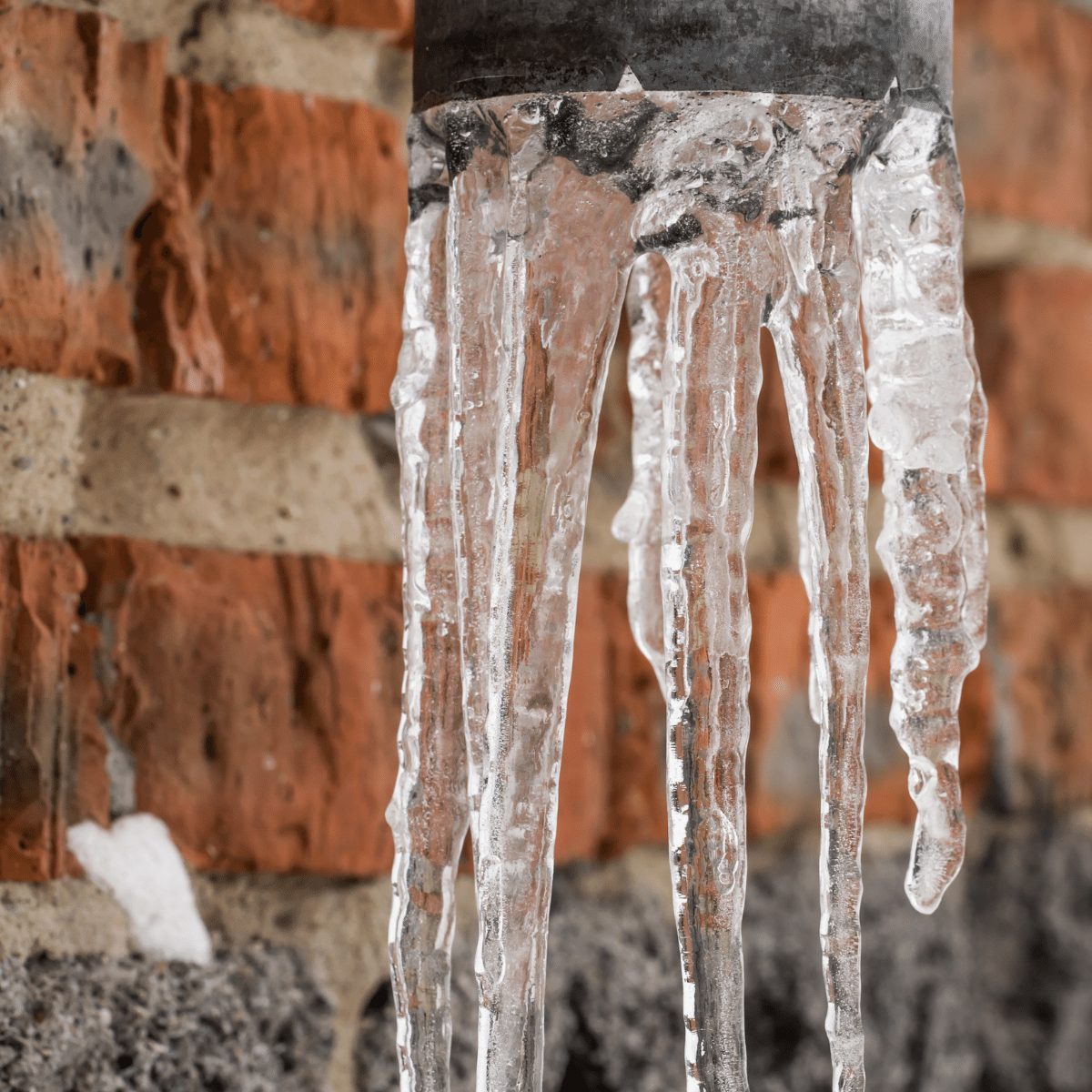Ways to Defend Pipes from Cold Weather: Specialist Tips
Ways to Defend Pipes from Cold Weather: Specialist Tips
Blog Article
Presented here in the next paragraphs you will discover additional professional insight regarding How to Prevent Your Pipes From Freezing.

Cold weather can ruin your plumbing, especially by freezing pipes. Right here's just how to avoid it from happening and what to do if it does.
Introduction
As temperatures drop, the risk of frozen pipes increases, potentially leading to pricey repair work and water damages. Understanding just how to stop frozen pipes is important for homeowners in chilly environments.
Avoidance Tips
Insulating vulnerable pipes
Wrap pipes in insulation sleeves or utilize warm tape to protect them from freezing temperature levels. Focus on pipelines in unheated or external areas of the home.
Home heating strategies
Keep indoor areas appropriately heated, specifically locations with pipes. Open cabinet doors to permit cozy air to distribute around pipes under sinks.
Just how to determine icy pipelines
Try to find reduced water circulation from faucets, unusual odors or noises from pipes, and noticeable frost on revealed pipes.
Long-Term Solutions
Structural adjustments
Take into consideration rerouting pipelines far from exterior walls or unheated areas. Add added insulation to attics, basements, and crawl spaces.
Updating insulation
Invest in top notch insulation for pipelines, attic rooms, and walls. Correct insulation assists maintain constant temperature levels and reduces the risk of icy pipes.
Shielding Exterior Plumbing
Yard hoses and outdoor faucets
Separate and drain garden hoses before winter. Set up frost-proof spigots or cover outdoor faucets with insulated caps.
Understanding Icy Pipes
What creates pipes to freeze?
Pipes freeze when revealed to temperature levels below 32 ° F (0 ° C) for prolonged durations. As water inside the pipelines ices up, it broadens, putting pressure on the pipe walls and possibly triggering them to burst.
Risks and damages
Frozen pipes can bring about supply of water disturbances, residential or commercial property damages, and expensive repair work. Ruptured pipes can flooding homes and cause considerable structural damages.
Indications of Frozen Pipes
Identifying icy pipelines early can avoid them from rupturing.
What to Do If Your Pipes Freeze
Immediate activities to take
If you presume frozen pipes, maintain taps available to alleviate pressure as the ice thaws. Utilize a hairdryer or towels soaked in hot water to thaw pipes slowly.
Verdict
Avoiding frozen pipes needs proactive actions and fast reactions. By understanding the causes, signs, and preventive measures, property owners can shield their pipes during cold weather.
Helpful Tips to Prevent Frozen Pipes this Winter
UNDERSTANDING THE BASICS: WHY PIPES FREEZE AND WHY IT’S A PROBLEM
Water freezing inside pipes is common during the winter months, but understanding why pipes freeze, and the potential problems it can cause is crucial in preventing such incidents. This section will delve into the basics of why pipes freeze and the associated problems that may arise.
THE SCIENCE BEHIND FROZEN PIPES
When water reaches freezing temperatures, it undergoes a physical transformation and solidifies into ice. This expansion of water as it freezes is the primary reason pipes can burst. As the water inside the pipe freezes, it expands, creating immense pressure on the walls. If the pressure becomes too great, the pipe can crack or rupture, leading to leaks and water damage.
FACTORS THAT CONTRIBUTE TO PIPE FREEZING
Low Temperatures: Extremely cold weather, especially below freezing, increases the risk of pipes freezing. Uninsulated or Poorly Insulated Pipes: Pipes located in unheated areas, such as basements, crawl spaces, or attics, are more prone to freezing. Insufficient insulation or lack of insulation altogether exacerbates the problem. Exterior Wall Exposure: Pipes running along exterior walls are susceptible to freezing as they encounter colder temperatures outside. Lack of Heating or Temperature Regulation: Inadequate heating or inconsistent temperature control in your home can contribute to frozen pipes. PROBLEMS CAUSED BY FROZEN PIPES
- Pipe Bursting: As mentioned earlier, the expansion of water as it freezes can cause pipes to burst, resulting in significant water damage.
- Water Damage: When pipes burst, it can lead to flooding and water damage to your property, including walls, ceilings, flooring, and personal belongings.
- Structural Damage: Prolonged exposure to water from burst pipes can compromise the structural integrity of your home, leading to costly repairs.
- Mold and Mildew Growth: Excess moisture from water damage can create a favorable environment for mold and mildew growth, posing health risks to occupants.
- Disrupted Water Supply: Frozen pipes can also result in a complete or partial loss of water supply until the issue is resolved.
WHY CERTAIN PIPES ARE MORE PRONE TO FREEZING
- Location: Pipes located in unheated or poorly insulated areas, such as basements, crawl spaces, attics, or exterior walls, are at higher risk of freezing.
- Exterior Pipes: Outdoor pipes, such as those used for irrigation or exposed plumbing, are particularly vulnerable to freezing as they are directly exposed to the elements.
- Supply Lines: Pipes that carry water from the main water supply into your home, including the main water line, are critical to protect as freezing in these lines can affect your entire plumbing system.
- Underground Pipes: Pipes buried underground, such as those connected to sprinkler systems or outdoor faucets, can be susceptible to freezing if not properly insulated.
https://busybusy.com/blog/helpful-tips-to-prevent-frozen-pipes-this-winter/

I hope you enjoyed reading our topic on How To Avoid Freezing Pipes. Thank you so much for taking the time to read our post. Are you aware of another person who is fascinated about the niche? Take a moment to promote it. We thank you for reading our article about Winter Plumbing Precautions: Preventing Frozen Pipes.
Click Report this page